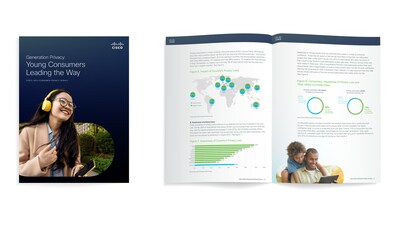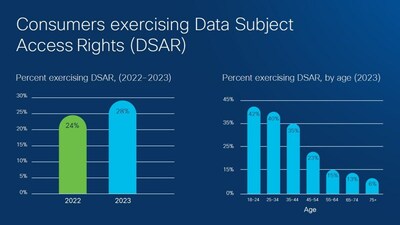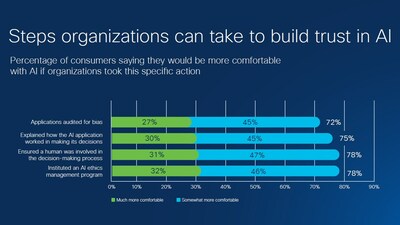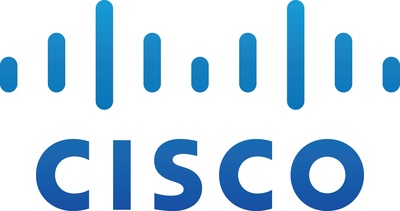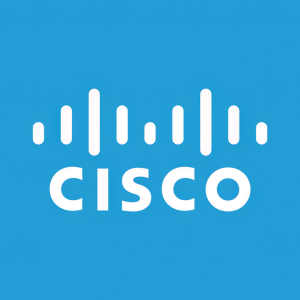Generation Privacy: Younger Consumers Are 7 Times More Likely to Exercise their Data Rights, New Cisco Survey Shows
- 42% of consumers aged 18-24 exercise their Data Subject Access Rights.
- 60% of consumers have lost trust in organizations due to their AI use.
- 50% of respondents look to the government to set rules and enforce privacy protections.
- 48% of survey respondents agree that AI can be useful in improving their lives.
- 54% of respondents are willing to share their anonymized personal data to help improve AI products and decision-making.
- 33% of respondents qualify as 'Privacy Actives' and are willing to act to protect their privacy.
- 76% of respondents initially thought data localization might be good, but only 44% were in favor of it when considering the cost associated with it.
- None.
Insights
Analyzing...
News Summary:
- The Cisco 2023 Consumer Privacy Survey reveals that younger consumers are taking action to protect their privacy:
42% of consumers aged 18-24 have inquired about the personal data organizations have about them, seven times more than consumers aged 75 or older (6% ). - Consumers are concerned about their privacy in relation to Artificial Intelligence:
60% have lost trust in organizations due to their AI use. Businesses can implement measures such as bias audits to regain consumer trust. - Only half of regular Generative AI users say they are refraining from entering personal or confidential information into Gen AI applications.
Artificial Intelligence and Privacy Concerns
From shopping to streaming services and to healthcare,
Nevertheless,
"The world is watching how companies will approach AI in a responsible way," said Dev Stahlkopf, Cisco Executive Vice President and Chief Legal Officer. "For Cisco, this means keeping a keen focus on respecting privacy and human rights as we incorporate AI technology."
Generative AI: The Privacy Contradiction
The survey also provides an early snapshot of the use of Gen AI and some of the potential risks and privacy challenges. Generative AI is still relatively new to most people. Over half (
Of those that use Gen AI regularly (
Young Consumers Championing Data Privacy
This year,
The percentage of consumers requesting data deletions or change rose to
Public awareness of privacy laws continues to be relatively low with
Role of Laws and Governments
Many consumers look to the government to set the standard of care and enforce privacy protections. Half (
"As governments pass laws and companies seek to build trust, consumers must also take action and use technology responsibly to protect their own privacy," says Harvey Jang, Cisco Vice President, Deputy General Counsel and Chief Privacy Officer.
Consumers are split on the value of data localization. Most have heard about such requirements, and
Additional resources
- Cisco 2023 Consumer Privacy Survey
- Generation Privacy, blog by Robert Waitman, author of the report
- Data Privacy: Young Consumers Leading the Way (Cisco Newsroom)
- Global data infographic
About Cisco
Cisco (Nasdaq: CSCO) is the worldwide technology leader that securely connects everything to make anything possible. Our purpose is to power an inclusive future for all by helping our customers reimagine their applications, power hybrid work, secure their enterprise, transform their infrastructure, and meet their sustainability goals. Discover more on The Newsroom and follow us on X at @Cisco.
Copyright © 2023 Cisco and/or its affiliates. All rights reserved. Cisco and the Cisco logo are trademarks or registered trademarks of Cisco and/or its affiliates in the
*Anonymous survey analyzing the responses of 2,600 adults in 12 countries (
![]() View original content to download multimedia:https://www.prnewswire.com/news-releases/generation-privacy-younger-consumers-are-7-times-more-likely-to-exercise-their-data-rights-new-cisco-survey-shows-301960417.html
View original content to download multimedia:https://www.prnewswire.com/news-releases/generation-privacy-younger-consumers-are-7-times-more-likely-to-exercise-their-data-rights-new-cisco-survey-shows-301960417.html
SOURCE Cisco







